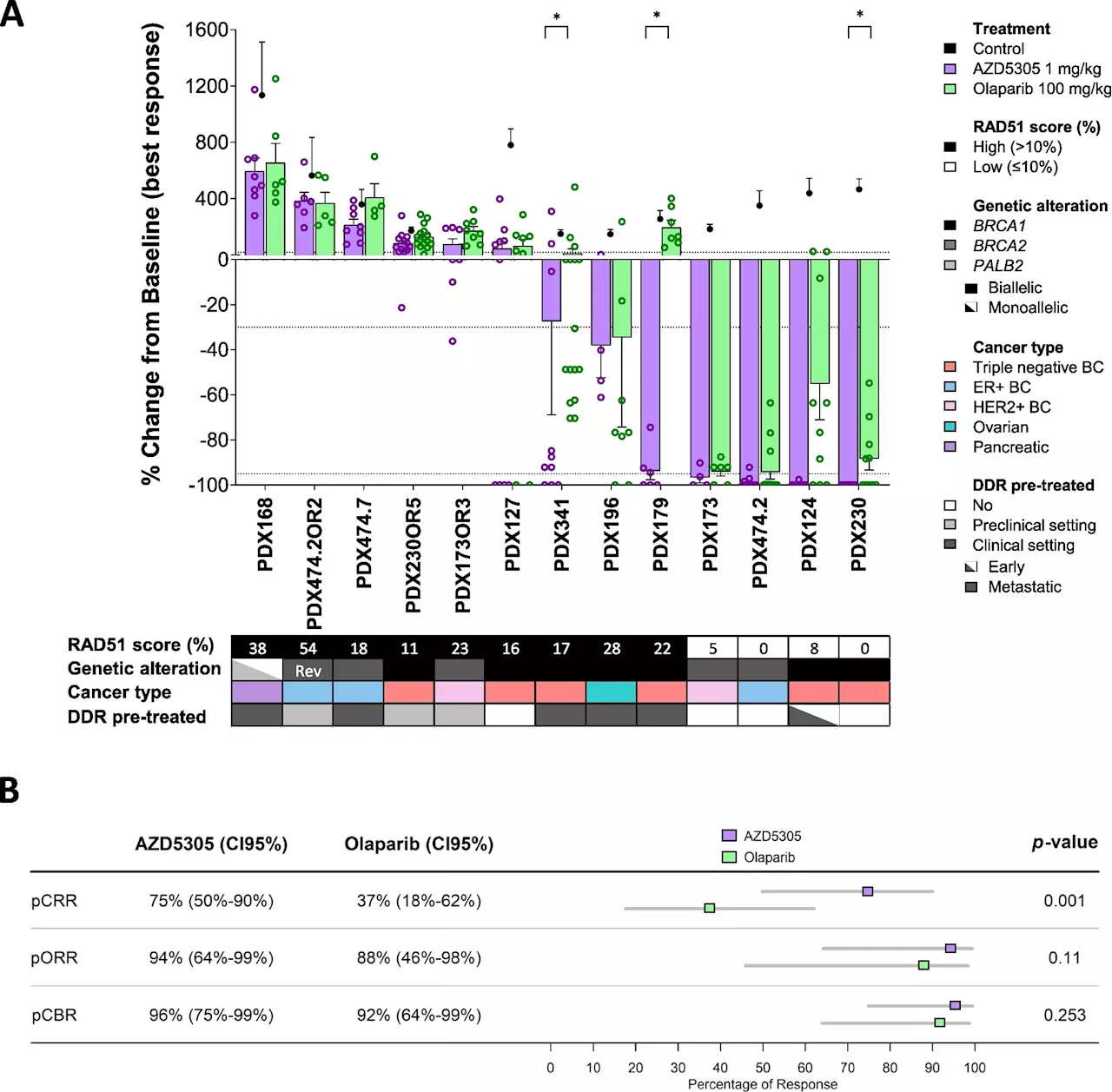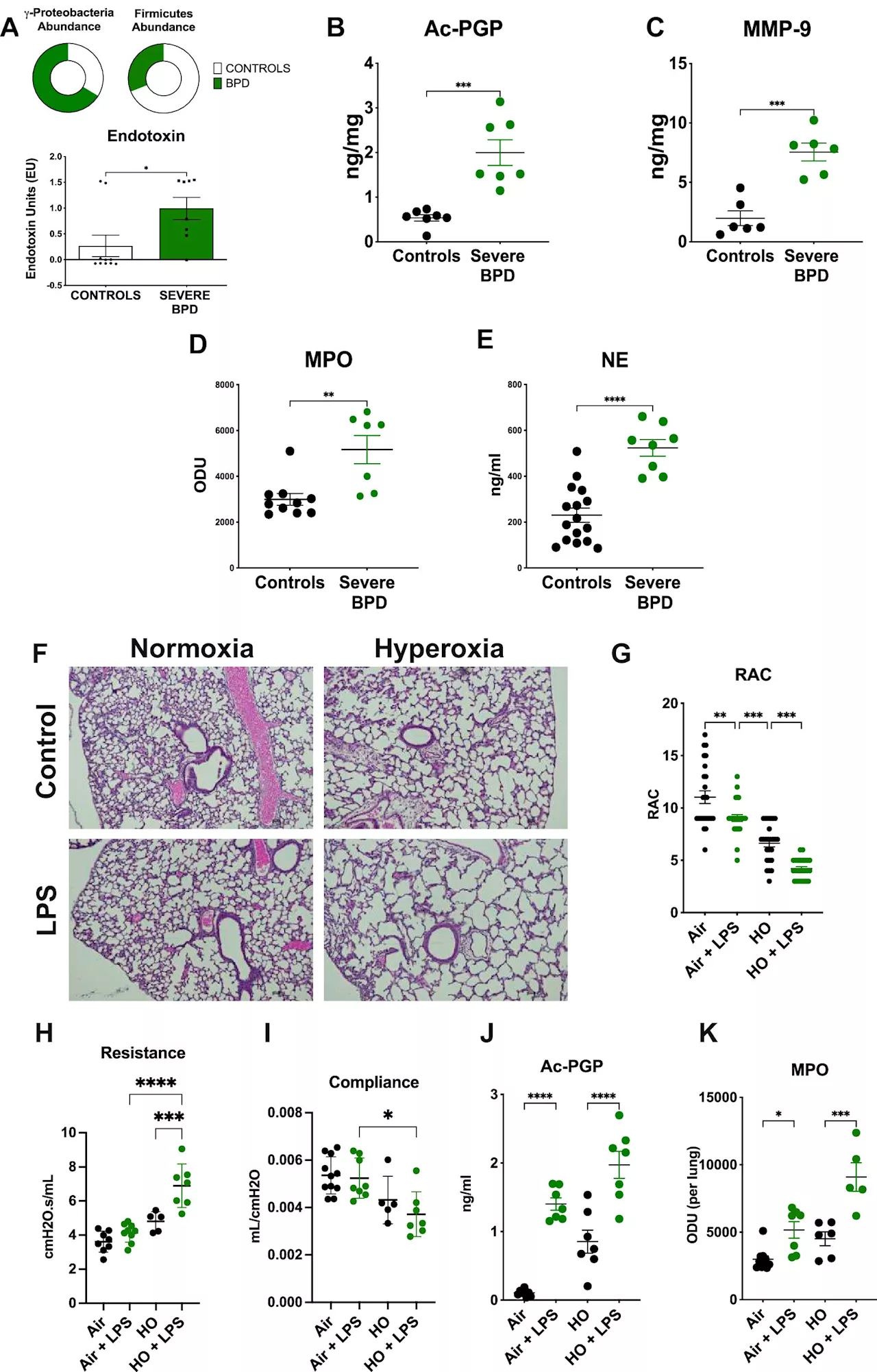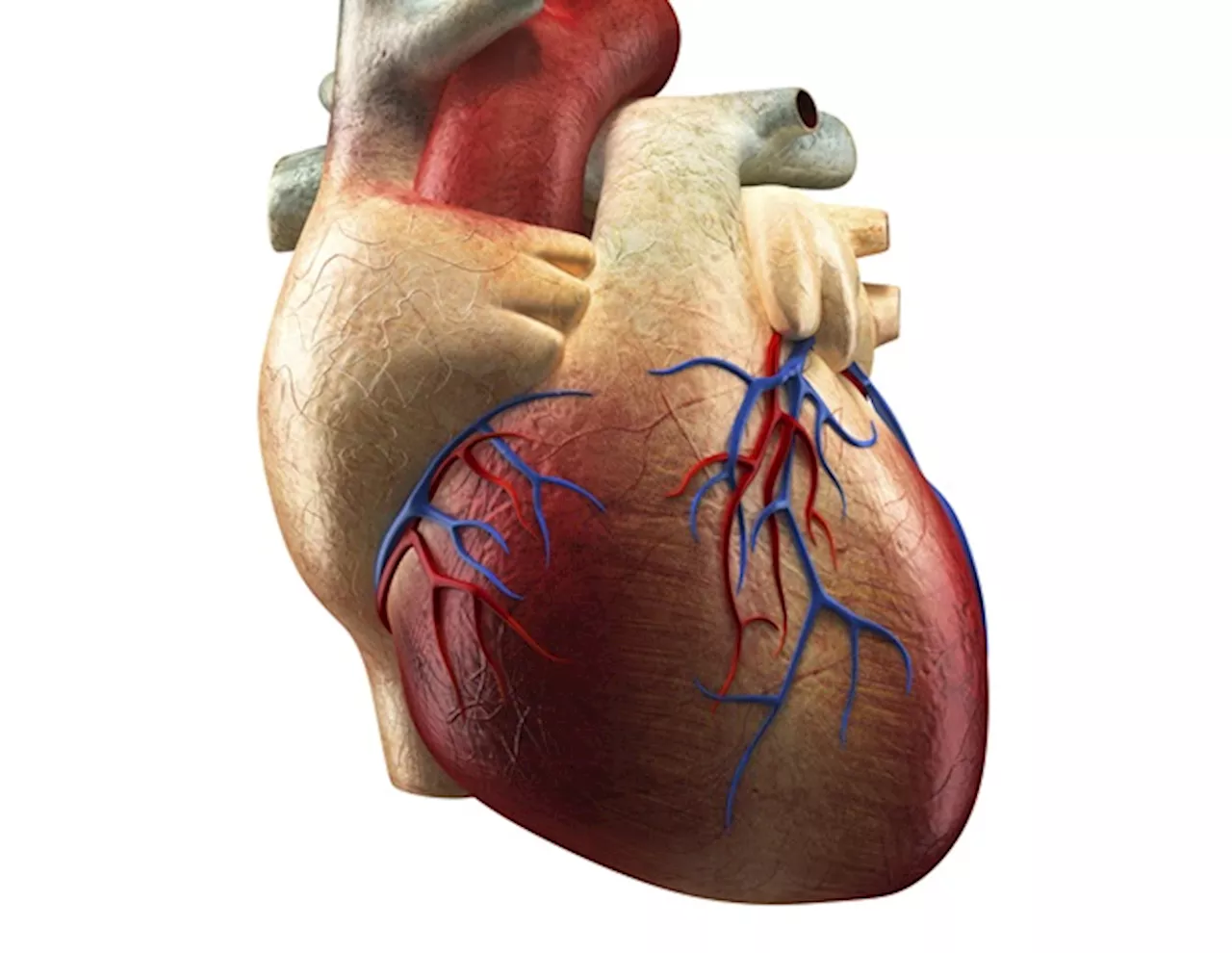A scientific team supported by the National Institutes of Health (NIH) has created a preclinical blood test to identify adults most likely to develop severe respiratory conditions, including chronic obstructive pulmonary disease (COPD).
NIH/National Heart , Lung and Blood InstituteSep 10 2024 A scientific team supported by the National Institutes of Health has created a preclinical blood test to identify adults most likely to develop severe respiratory conditions, including chronic obstructive pulmonary disease . The blood test analyzes 32 proteins that scientists determined accurately predicted an adult with an increased likelihood for requiring medical care for or dying from severe respiratory illness.
To create the risk score, investigators first reviewed lung health data collected from 2,470 adults, ages 18-30, who participated in a 30-year cardiovascular health study. They then screened thousands of proteins from blood samples provided by participants at the 25-year mark and selected 32 that best predicted which participants were having a rapid decline in lung function.
Loss of lung function on a year-over-year basis is associated with poor respiratory health outcomes, but we do not have a good way to easily figure out if a patient is on a steep trajectory of lung function decline. If we had an easy-to-implement clinical tool, like a blood test, that captured someone's lung function trajectory at a single time point, it would enable earlier interventions which might, in the long run, improve lung health.
Participants in the decades-long study took breathing tests to measure their lung function -; up to six times throughout the study -; and generated other lung health data. Throughout this period, 2,332 participants experienced a normal decline in lung function and 138 experienced a sharp decline.
Blood Test Respiratory Breathing Chronic Chronic Obstructive Pulmonary Disease Critical Care Heart Medical Research Medicine Ph Preclinical Research Respiratory Disease Respiratory Illness Smoking
United Kingdom Latest News, United Kingdom Headlines
Similar News:You can also read news stories similar to this one that we have collected from other news sources.
 PARP1 selective inhibitor yields potent and durable antitumor activity in patient-derived preclinical modelsLed by investigators of the Vall d'Hebron Institute of Oncology's (VHIO) Experimental Therapeutics Group, in collaboration with VHIO's Hereditary Cancer Genetics Group and the Medical Oncology Department at the Vall d'Hebron University Hospital (HUVH), results of a study published in Genome Medicine show that the PARP1 selective inhibitor...
PARP1 selective inhibitor yields potent and durable antitumor activity in patient-derived preclinical modelsLed by investigators of the Vall d'Hebron Institute of Oncology's (VHIO) Experimental Therapeutics Group, in collaboration with VHIO's Hereditary Cancer Genetics Group and the Medical Oncology Department at the Vall d'Hebron University Hospital (HUVH), results of a study published in Genome Medicine show that the PARP1 selective inhibitor...
Read more »
 New compound shows promise in Alzheimer’s preclinical modelsA multidisciplinary team of scientists led by Kurt Brunden, Ph.D., at the University of Pennsylvania Perelman School of Medicine, and Carlo Ballatore, Ph.D., at University of California San Diego, has been awarded a $6.
New compound shows promise in Alzheimer’s preclinical modelsA multidisciplinary team of scientists led by Kurt Brunden, Ph.D., at the University of Pennsylvania Perelman School of Medicine, and Carlo Ballatore, Ph.D., at University of California San Diego, has been awarded a $6.
Read more »
 Preclinical study shows potential of Manuka honey as a nutraceutical for breast cancerA study led by investigators at the UCLA Health Jonsson Comprehensive Cancer Center found that Manuka honey could potentially be an alternative, natural option for breast cancer prevention and treatment—particularly for estrogen receptor (ER)-positive breast cancer, the most common subtype of breast cancer that accounts for about 70–80% of all...
Preclinical study shows potential of Manuka honey as a nutraceutical for breast cancerA study led by investigators at the UCLA Health Jonsson Comprehensive Cancer Center found that Manuka honey could potentially be an alternative, natural option for breast cancer prevention and treatment—particularly for estrogen receptor (ER)-positive breast cancer, the most common subtype of breast cancer that accounts for about 70–80% of all...
Read more »
 Inhalation of live Lactobacilli lessens lung inflammation and improves lung function, preclinical study findsIn recent preclinical models, the inhalation of a mixture of living Lactobacilli bacteria attenuated pulmonary inflammation and improved lung function and structure for the chronic lung diseases bronchopulmonary dysplasia and chronic obstructive pulmonary disease.
Inhalation of live Lactobacilli lessens lung inflammation and improves lung function, preclinical study findsIn recent preclinical models, the inhalation of a mixture of living Lactobacilli bacteria attenuated pulmonary inflammation and improved lung function and structure for the chronic lung diseases bronchopulmonary dysplasia and chronic obstructive pulmonary disease.
Read more »
 Northwestern NUCATS Institute secures $55 million NIH grant for health care advancementsThe Northwestern University Clinical and Translational Sciences (NUCATS) Institute has received $55 million in National Institutes of Health (NIH) funding to accelerate the development, evaluation and implementation of improved health care interventions.
Northwestern NUCATS Institute secures $55 million NIH grant for health care advancementsThe Northwestern University Clinical and Translational Sciences (NUCATS) Institute has received $55 million in National Institutes of Health (NIH) funding to accelerate the development, evaluation and implementation of improved health care interventions.
Read more »
 National survey examines generational divide in men's healthA new national survey by Cleveland Clinic revealed similarities and differences across generations when it comes to men's health. The survey highlights health priorities and concerns among men; however, there were generational differences in health habits, mental health and the use of social media as a source of health information.
National survey examines generational divide in men's healthA new national survey by Cleveland Clinic revealed similarities and differences across generations when it comes to men's health. The survey highlights health priorities and concerns among men; however, there were generational differences in health habits, mental health and the use of social media as a source of health information.
Read more »
